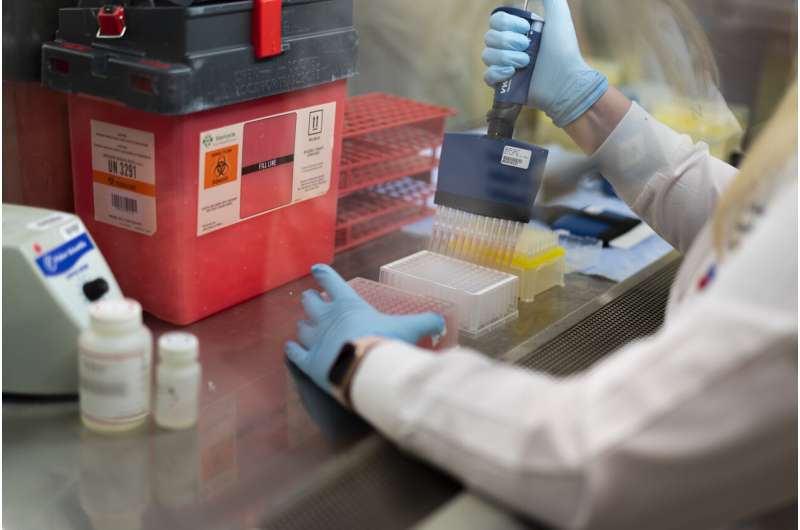U.S. peer-reviewed study on Omicron patient outcomes reveals significant differences in infection behavior

Within only three weeks after the Omicron variant was first identified among Houston Methodist patients, this variant rapidly took over and became the cause of a majority of new cases. By contrast, the delta variant took about three months to reach that same milestone after initial detection. Causing 98 percent of all new COVID-19 cases by the beginning of 2022, Omicron had infected 4,468 of Houston Methodist’s patients by Jan. 5.
In what is the first peer-reviewed U.S. study investigating Omicron patients and their outcomes, Houston Methodist physician-scientists reveal that Omicron patients are significantly younger, have increased vaccine breakthrough rates, are less likely to be hospitalized and have shorter hospital lengths of stay than patients with COVID-19 caused by the alpha or delta variants. Consistent with this decreased disease severity, patients infected with the Omicron variant of COVID-19 required less intense respiratory support and had shorter hospital stays.
The findings of this study are described in The American Journal of Pathology. James M. Musser, M.D., Ph.D., chair of the Department of Pathology and Genomic Medicine at Houston Methodist, is the corresponding author on the study.
Compared to Houston Methodist patients infected with alpha or delta variants, the median age of Omicron patients was 44.3 years, compared to ages 50 for alpha and 48.3 for delta; length of stay for hospitalized patients was 3.2 days for Omicron, 5.1 days for alpha and 5.4 days for delta; and Omicron resulted in 55.4% of breakthrough cases in vaccinated patients, whereas only 5.4% and 0.9% of vaccinated patients were infected with the alpha and delta variants, respectively.
As of mid-January, the researchers have also identified three patients with the BA.2 “stealth Omicron” variant, which requires whole genome sequencing to distinguish it from delta and the original BA.1 Omicron strain. These were the first three “stealth Omicron” cases discovered in Texas.
Source: Read Full Article
